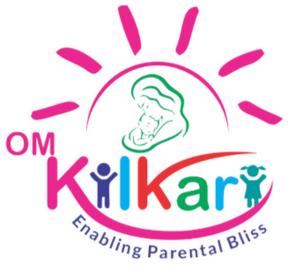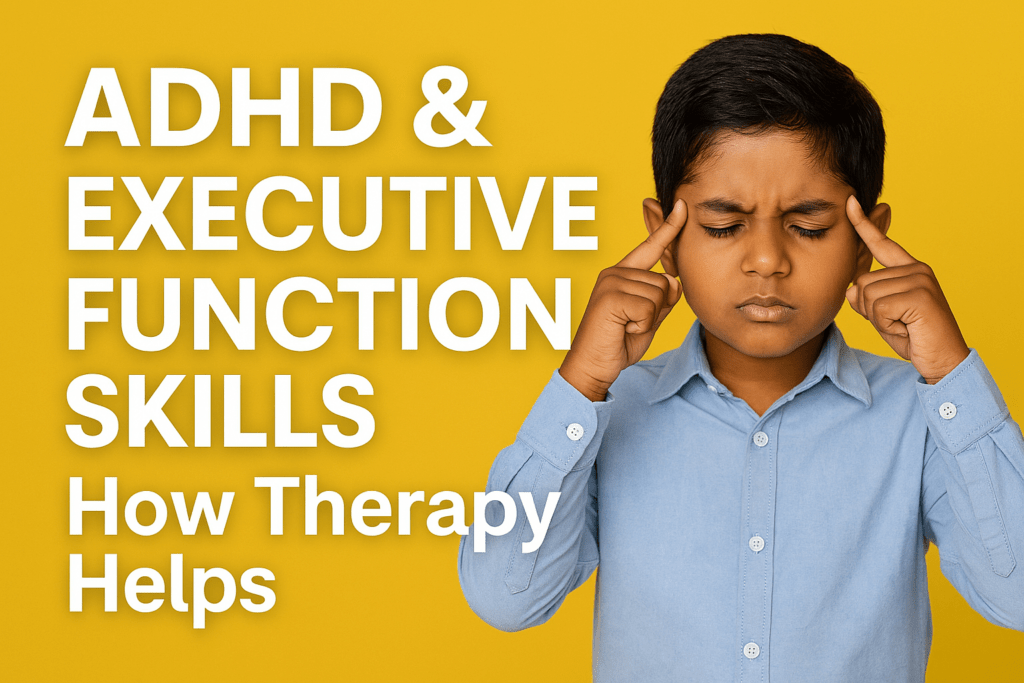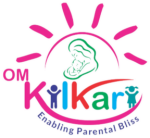Supportive Strategies for Children, Backed by Science & Compassion
When a child struggles with focus, organization, or impulse control, it’s easy to feel overwhelmed as a parent. You might wonder: Is it ADHD? Is it just a phase? Will therapy really help?
At Kilkari Child Development Centre, we specialize in helping children thrive—academically, emotionally, and socially. Understanding how ADHD affects executive function skills is the first step toward building a supportive path forward.
This article explores the connection between ADHD and executive functioning, and how evidence-based therapies can make a real difference in your child’s life.
🧠 What Are Executive Function Skills?
Executive function skills are like the brain’s management system. These are the abilities that help us:
- Plan and organize tasks
- Focus and shift attention
- Regulate emotions and behavior
- Remember instructions
- Start and finish activities
Children use executive functions every day—to pack their school bag, wait their turn in class, complete homework, and follow routines.
🔍 ADHD and Executive Function: What’s the Link?
Attention Deficit Hyperactivity Disorder (ADHD) is a neurodevelopmental condition that impacts self-regulation. While not all children with ADHD struggle with executive function skills, many do.
Common Challenges Include:
- Difficulty staying focused
- Forgetting instructions or items
- Trouble managing time
- Emotional outbursts
- Procrastination or task avoidance
These challenges are not due to laziness or defiance—they are neurological differences. And with the right support, children can learn strategies to succeed.
👩🏫 How Therapy Helps Children with ADHD
At Kilkari Child Development Centre, our multidisciplinary team includes child psychologists, occupational therapists, speech-language experts, and special educators, all working together to strengthen executive functioning skills.
Here’s how therapy supports your child:
🧘♀️ 1. Behavior Therapy & Self-Regulation Training
Behavioral therapy helps children understand how their actions affect outcomes. Through positive reinforcement and behavior plans, therapists teach:
- Impulse control techniques
- Goal-setting and rewards systems
- Self-monitoring strategies
This is especially useful for younger children, where emotional regulation is still developing.
✍️ 2. Occupational Therapy for Organization and Focus
Occupational therapists work on practical life skills—from organizing school bags to creating visual schedules. OT sessions focus on:
- Task sequencing
- Time management
- Sensory regulation techniques
- Handwriting and fine motor skills
Children learn how to break big tasks into small steps, improving both confidence and competence.
🗣️ 3. Speech & Language Therapy (When Needed)
Some children with ADHD also struggle with auditory processing, following instructions, or expressing themselves clearly. Speech therapy helps by:
- Strengthening working memory
- Improving listening comprehension
- Teaching effective communication strategies
This is especially helpful in school environments where instructions are often verbal and fast-paced.
🧩 4. Cognitive-Behavioral Therapy (CBT) for Older Children
CBT helps children and adolescents understand how their thoughts affect emotions and actions. This form of therapy builds:
- Emotional awareness
- Resilience to frustration
- Problem-solving abilities
- Positive self-talk and mindset
CBT can be life-changing for children who feel “different” or discouraged due to academic or social struggles.
🧑🏫 5. Academic & Learning Support
Special educators at Kilkari help bridge the gap between therapy and classroom success by teaching:
- Study strategies for ADHD
- Executive functioning tools like planners and checklists
- Homework organization techniques
We also collaborate with schools and teachers to ensure the child’s individual learning needs are met.
🧒 Who Can Benefit from Executive Function Therapy?
Any child showing signs of disorganization, poor impulse control, or difficulty with attention can benefit—not just those with a formal ADHD diagnosis.
Therapy is especially beneficial for children who:
- Frequently lose or forget things
- Have trouble starting or finishing tasks
- Struggle with transitions or routines
- Get overwhelmed in noisy or busy settings
- Experience emotional meltdowns over small changes
🤝 Parent Involvement is Key
At Kilkari, we work closely with parents to extend therapy into the home. We provide:
- Parent coaching
- Home-based strategies and tools
- Ongoing support and progress updates
When families and therapists work as a team, children feel more supported and secure.
🌱 Real-Life Success Stories from Kilkari
- A 7-year-old who used to avoid homework now finishes assignments using a visual checklist.
- A 10-year-old who couldn’t sit still for 10 minutes now participates in group tasks at school.
- Parents who once felt helpless now feel empowered with practical tools.
Therapy doesn’t change who a child is—it helps them become the best version of themselves.
📍 Why Choose Kilkari Child Development Centre?
- ✅ Certified and compassionate therapists
- ✅ Individualized therapy plans for every child
- ✅ Parent-inclusive approach
- ✅ State-of-the-art sensory and learning rooms
- ✅ Affordable and accessible care in a nurturing environment
💬 Final Thoughts: Support Makes All the Difference
Executive function challenges can affect a child’s academics, relationships, and self-esteem—but they don’t define their future. With the right therapy and consistent support, your child can learn, grow, and thrive.
At omkilkarichilddevelopmentcentre.com, we’re not just treating symptoms—we’re building lifelong skills and confidence.
📞 Ready to Take the First Step?
Contact Kilkari Child Development Centre today to schedule an assessment or consultation.
🌐 Website: www.omkilkarichilddevelopmentcentre.com


